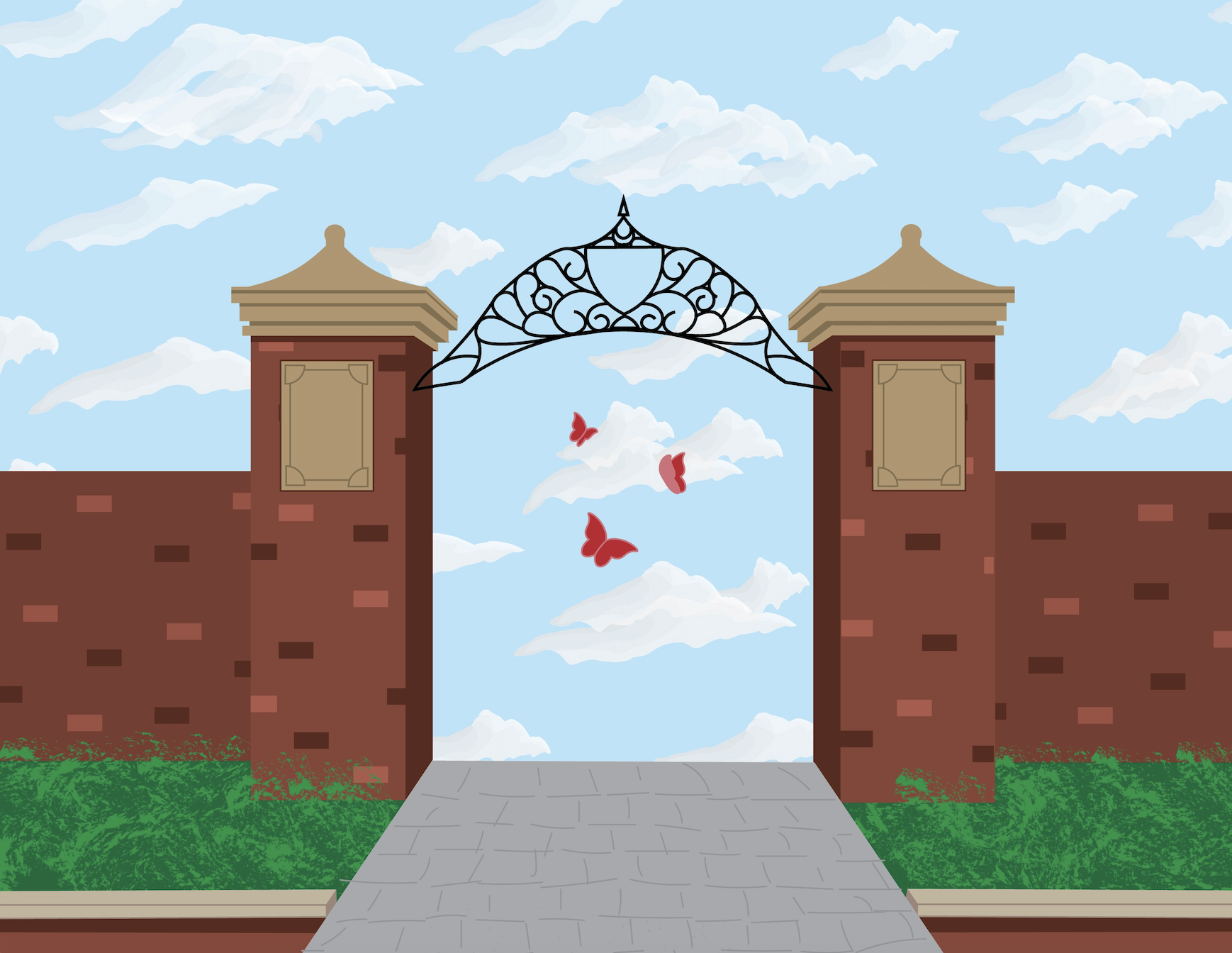Visitas, much like most of freshman year, is a frenzy of 18-year-olds trying to find their corner of the grand universe we call Harvard College. I didn’t know anyone who was going to Harvard my year. There was no path of self-discovery already paved for me. No longer bound by what I thought was expected of me, I was able to explore passions I had always longed to pursue but for which I lacked the time or opportunity.
From Visitas — or accepted students weekend — to opening day, the HPR continued to be one such passion I was drawn to. It was in that space that I met my blockmates and many of my closest friends in college. The publication was a place where we could be passionate, hard working, and empathetic people at the same time. When I think about who I looked up during my Harvard years and who I sought advice from, I always think back to my HPR peers. Whether it was picking classes, navigating house life, figuring out a major, or discovering the best Thai food in the area — my friends from the HPR were always there to help me along my college journey and bring a smile to my face.
As we Harvard students return to the new normal this fall, I have been hopeful for positive change in the campus culture. Over the last year and a half, our college community has faced challenges we previously would have deemed insurmountable.
All through this time, the Harvard community has supported one another. From spreadsheets circulated in the early days of students offering living space for other students who couldn’t return home, to underclassmen photographers offering their remaining time on campus to document the Class of 2020’s final days, to the simple question of “how are you.”
While confined to our childhood bedrooms for school or working remotely instead, we have demanded a lot from ourselves and our peers this year. Gone were the days of superficial interaction with our classmates in the Yard and the dining halls. If we really wanted to connect, we had to be proactive. We had to slow down, figure out what was really important to us, and watch out for one another.
As we continue our campus experiences this fall, we take with us not only the experiences of the nation and the world, we take our own. I continue this school year with hope. Hope that we Harvard students will no longer use refrains such as “let’s get a meal sometime!” as simply a means of moving on with our day.
These past 18 months have been a fascinating study into empathy and community, and it is my hope that the Harvard community carries these lessons not just into this year but into the ones to come. No longer can we get away with dismissing genuine socialization or empathy as futile or time-consuming interaction. Instead of our former transactional day-to-day interactions, let’s pause and think about what the person behind us in the line at Lamont Cafe saw this past year. Let’s be empathetic, genuine, and intentional about our interactions. Let’s actually stop and grab that meal, and then another this time around.



